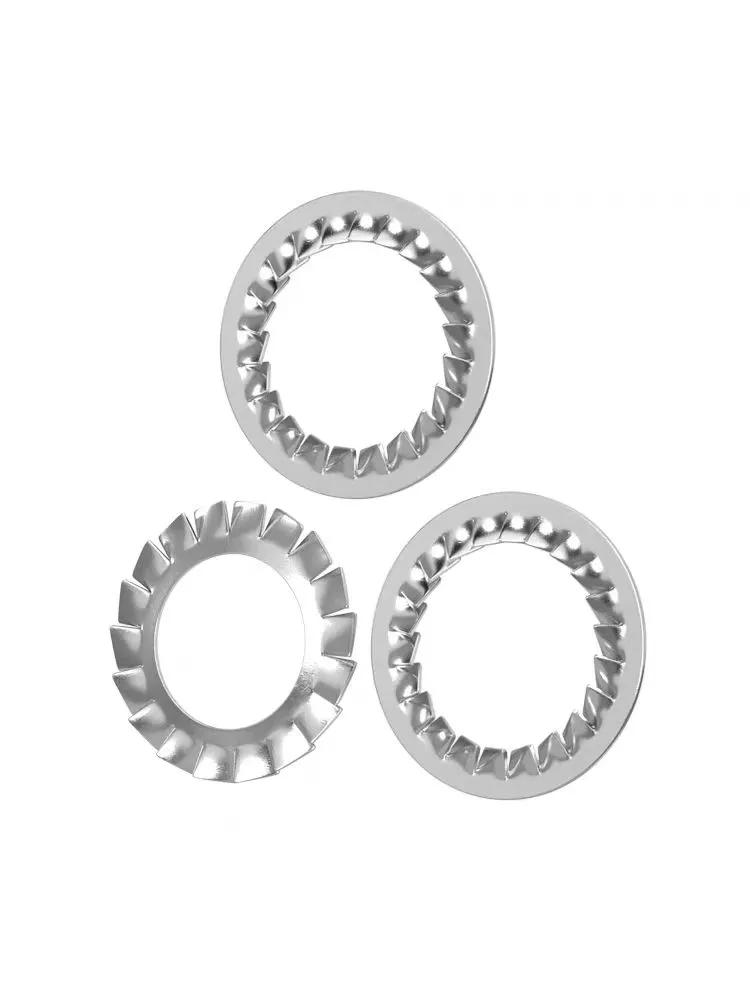

stainless steel self tapping metal screws
Nov . 20, 2024 06:16 Back to list
stainless steel self tapping metal screws
Understanding Stainless Steel Self-Tapping Metal Screws
When it comes to fastening and securing materials, especially in construction, automotive, and home improvement projects, the choice of screw can significantly impact durability and performance. Among the various options available, stainless steel self-tapping metal screws have garnered attention for their reliability and versatility. This article delves into the features, benefits, applications, and best practices associated with stainless steel self-tapping screws.
What Are Stainless Steel Self-Tapping Screws?
Stainless steel self-tapping screws are specialized fasteners designed to create their own hole as they are driven into materials. The unique design of these screws enables them to tap their own thread, allowing for a secure and robust connection without the need for pre-drilled pilot holes. Made from stainless steel, these screws resist rust and corrosion, making them ideal for both indoor and outdoor applications.
Key Features
1. Material Composition Stainless steel is known for its outstanding resistance to rust and corrosion, which extends the lifespan of the screws. Common grades used include 304 and 316 stainless steel, with grade 316 offering enhanced corrosion resistance, particularly in marine or highly corrosive environments.
2. Thread Design Self-tapping screws often feature sharp threads that facilitate easy penetration into a variety of materials. The design allows for effective cutting and gripping, ensuring a tight fit.
3. Point Style Different point styles, such as blunt or sharp, are available depending on the intended application. Sharp point screws are preferable for softer materials like wood, while blunt points are suitable for harder metals.
4. Drive Configurations These screws come in various drive types, including Phillips, slotted, and Torx, each offering differing levels of grip and ease of use, which can impact the torque applied during installation.
Benefits of Using Stainless Steel Self-Tapping Screws
1. Corrosion Resistance The inherent properties of stainless steel provide excellent protection against rust and deterioration, making these screws suitable for outdoor applications or humid environments.
2. Ease of Use The self-tapping feature simplifies the installation process, significantly reducing the time and labor involved. This efficiency is particularly beneficial in large-scale projects.
stainless steel self tapping metal screws

3. Strength and Durability Stainless steel screws offer comparable strength to other metals while being lighter, which can help reduce overall project weight without compromising structural integrity.
4. Wide Applicability These screws effectively fasten a variety of materials, including metal, plastic, wood, and composites, making them a versatile choice for multiple projects.
5. Aesthetic Appeal The sleek finish of stainless steel screws provides a clean aesthetic, making them suitable for visible applications.
Applications
Stainless steel self-tapping screws are suitable for many applications
- Construction Used for securing frameworks, trusses, and siding materials. - Automotive Essential in assembling parts that require corrosion resistance, such as body panels and undercarriage components. - Marine Environments Often used in boats and docks, where exposure to saltwater can lead to rapid deterioration of standard screws. - Home Improvement Ideal for projects requiring durable fastening solutions, such as attaching fixtures, hinges, or brackets.
Best Practices for Installation
To ensure the best performance of stainless steel self-tapping screws, consider the following tips
1. Select the Right Size Choose a screw length and diameter appropriate for the materials being fastened. 2. Use Correct Torque Settings Applying excessive torque can strip the threads or damage the material, so it’s essential to use the right drilling or driving tools. 3. Consider Material Compatibility While stainless steel is versatile, pairing it with dissimilar metals may cause galvanic corrosion; use care when combining different types of materials. 4. Maintain the Tools Keeping tools clean and functional helps ensure that screws are driven properly and can prevent damage during installation.
Conclusion
Stainless steel self-tapping metal screws represent an excellent investment for anyone looking to achieve strong, durable, and corrosion-resistant fastening solutions. Their ease of use, versatility, and long lifespan make them a favorite among professionals and DIY enthusiasts alike. By understanding their features and applications, one can maximize the effectiveness of these essential fasteners in a variety of projects.
Latest news
-
High-Strength Hot Dip Galvanized Bolts - Hebei Longze | Corrosion Resistance, Customization
NewsJul.30,2025
-
Hot Dip Galvanized Bolts-Hebei Longze|Corrosion Resistance&High Strength
NewsJul.30,2025
-
High-Strength Hot-Dip Galvanized Bolts-Hebei Longze|Corrosion Resistance&High Strength
NewsJul.30,2025
-
Hot Dip Galvanized Bolts-Hebei Longze|Corrosion Resistance&High Strength
NewsJul.30,2025
-
Hot Dip Galvanized Bolts - Hebei Longze | Corrosion Resistance, High Strength
NewsJul.30,2025
-
High-Strength Hot Dip Galvanized Bolts-Hebei Longze|Corrosion Resistance, Grade 8.8
NewsJul.30,2025

